Finding Joy in Daily Violin Practice: How I Stay Motivated
By Trà My Nguyên
There are days when I wake up and feel the violin calling to me – the promise of a new tone, a smoother shift, a deeper vibrato. Then there are days when just opening the case feels like a chore. If you’re learning the violin, you probably know this exact feeling: the highs of progress, and the lows of plateaus. What keeps me going, day after day? It’s not discipline alone. It’s joy.
But that joy isn’t always obvious. I’ve learned to look for it, create it, and protect it — especially when motivation wavers.
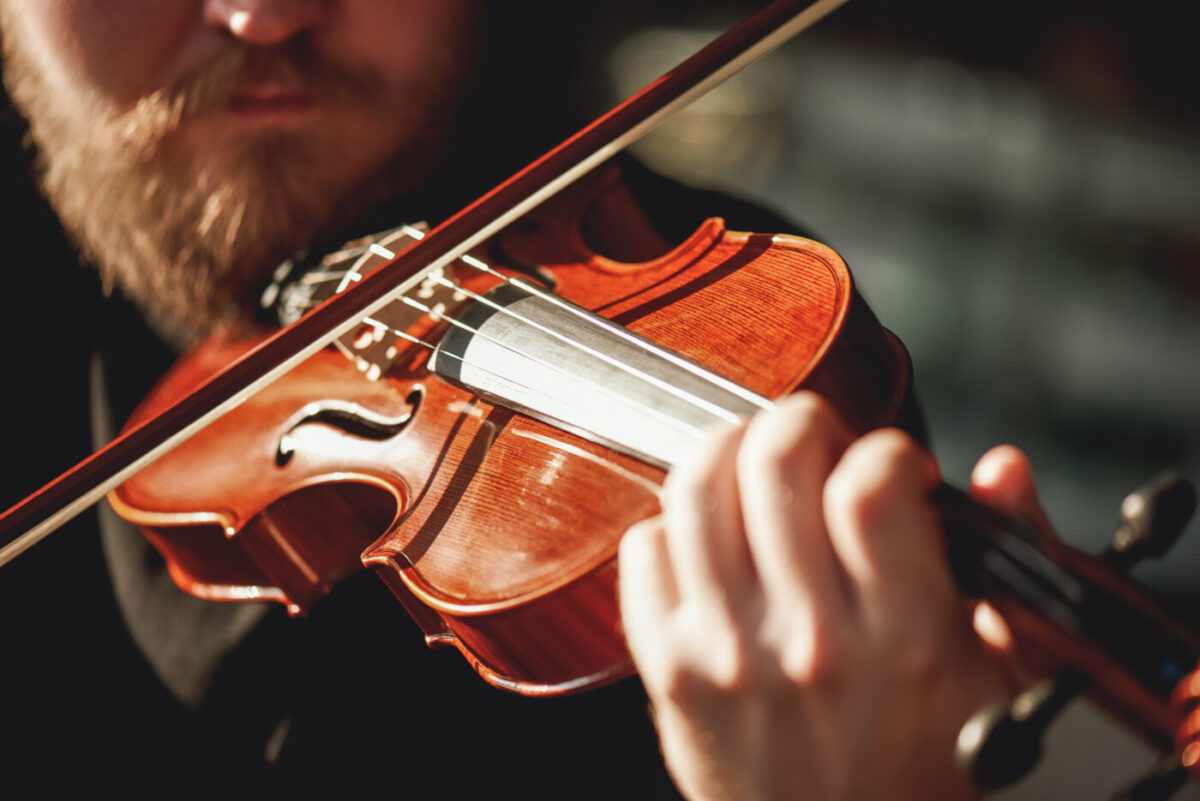
The Myth of Constant Inspiration
When I first started learning violin, I thought motivation would carry me. I imagined myself practicing passionately every day, improving steadily, maybe even effortlessly. That illusion lasted about… two weeks. Very quickly, I learned that real progress is slow. Some days I felt like I was getting worse. My fingers didn’t land where they should, my bow scratched, and my intonation drifted no matter how hard I focused. That’s when I realized: motivation isn’t a constant – it’s something you have to cultivate.
What Joy Looks Like in Practice

Joy doesn’t always come from sounding beautiful. Sometimes it comes from the tiniest victory:
- finally landing that shift from 1st to 5th position without panicking
- getting through a tricky phrase without tensing my right shoulder
- noticing that my vibrato is just a bit more fluid today than yesterday
I started writing down these small wins. Not in a fancy journal — just a sticky note by my stand. When I feel stuck or discouraged, I look at that list. It’s a quiet reminder that I am improving, even if it doesn’t always feel that way.
Creating Rituals, Not Routines
Routines can feel rigid, even oppressive. But rituals feel meaningful. So instead of telling myself “I have to practice for 45 minutes,” I shifted the narrative:
“I get to spend time with my violin. I get to explore sound. I get to listen closely to myself today.”
I light a candle sometimes. I stretch my shoulders. I tune slowly and mindfully. Even on bad days, this ritual softens the start and reminds me why I’m here.

Playing Music I Love
Let’s be honest: not every étude fills your soul. But if my entire practice is technical drills and scales, it drains me. So I always include something I love:
- a folk tune
- a snippet of a movie soundtrack
- an emotional piece that makes me forget I’m “practicing”
It doesn’t need to be perfect. It just needs to reconnect me to why I fell in love with the violin in the first place.

Reframing Mistakes
This was a game-changer for me: seeing mistakes not as failures, but as information.
If my bow bounces, it’s not “I suck.”
It’s “Ah — I’m probably tense.”
If my shift is off-pitch, it’s not “I’ll never get this.”
It’s “I need to isolate that move and listen more carefully.”When I stopped judging myself, I actually got better faster. More importantly, I started to enjoy the process again.
Practicing Less, But Better
Sometimes, when motivation fades, it’s because I’m burned out. There was a phase when I was forcing myself to do an hour a day, even when I was exhausted from work or school. The result? I hated the sound of my own violin.
Now I follow this rule:
Practice for 20 minutes with full attention is better than 60 minutes on autopilot.
Even five minutes of focused slow bows, or working on one phrase, can be satisfying — if I’m fully present.
Finding Community
Violin can be lonely. You’re often practicing alone, struggling alone. But I’ve found incredible motivation by being part of a small community — even if it’s just an online forum, or a weekly Zoom group.

Sharing frustrations, exchanging tips, or simply knowing others are going through the same journey helps me feel less isolated. I also love watching progress videos — not just of professionals, but of fellow learners. It reminds me that we’re all evolving, one note at a time.
Letting Go of Perfection
I used to record myself and delete every take that had a flaw. Now, I share imperfect versions with friends, or keep them for my own archive.
Perfection is a moving target. Progress is enough.
Sounding like me, not someone else, is enough.
I’ve learned that joy doesn’t come from flawless performance. It comes from connecting — with the music, with myself, and sometimes, with the people listening.
Final Thoughts
Staying motivated isn’t about willpower. It’s about falling in love — over and over again — with small moments. A resonant note. A new insight. A familiar piece that suddenly sounds different.
Not every day feels magical. But every day holds the potential for joy, if I’m paying attention.
And for me, that’s what makes the daily practice worth it.
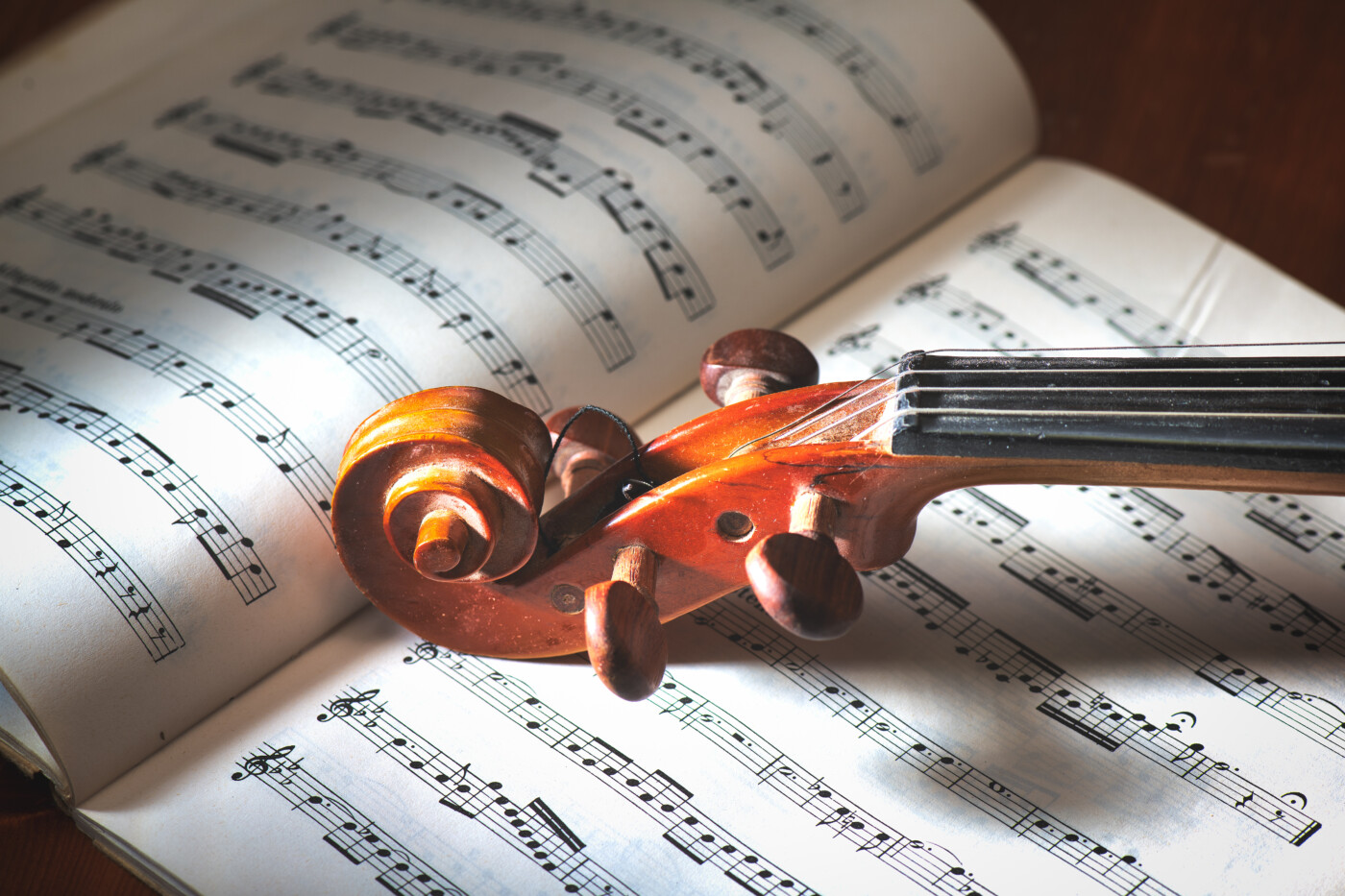

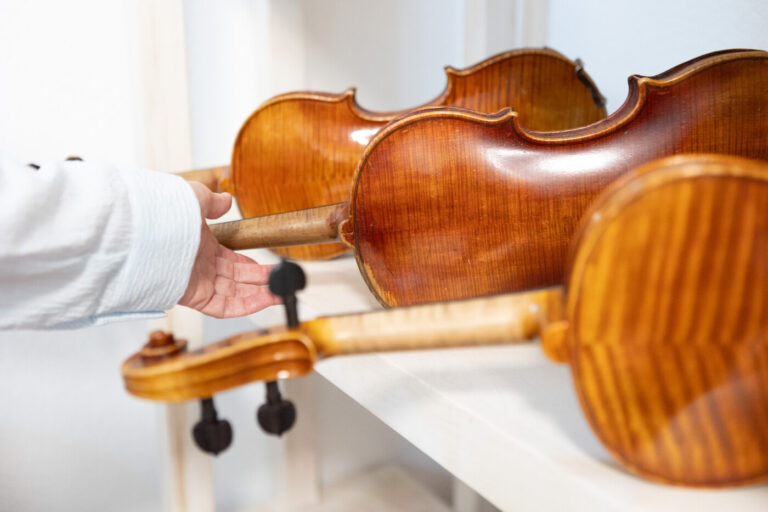

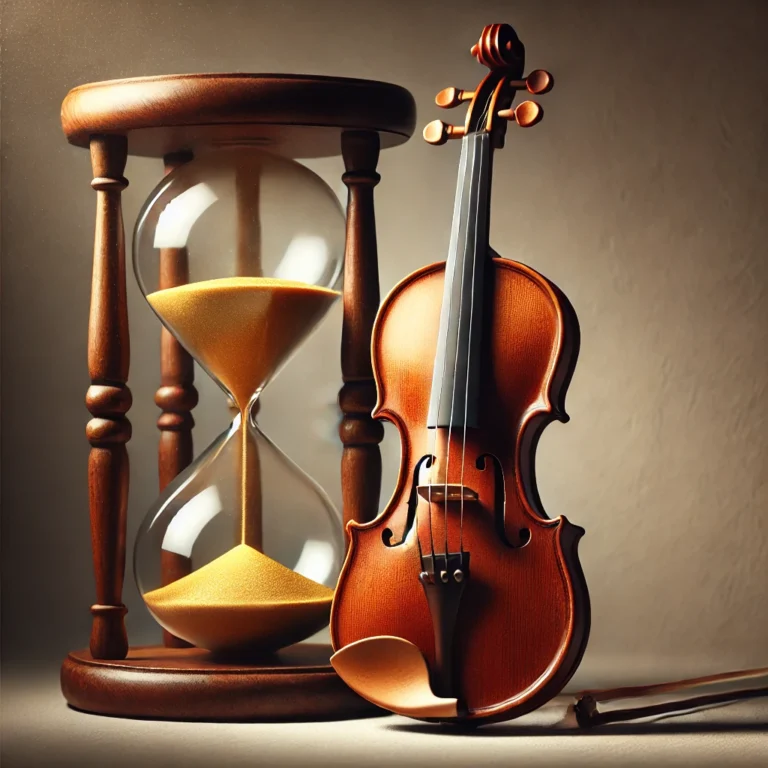

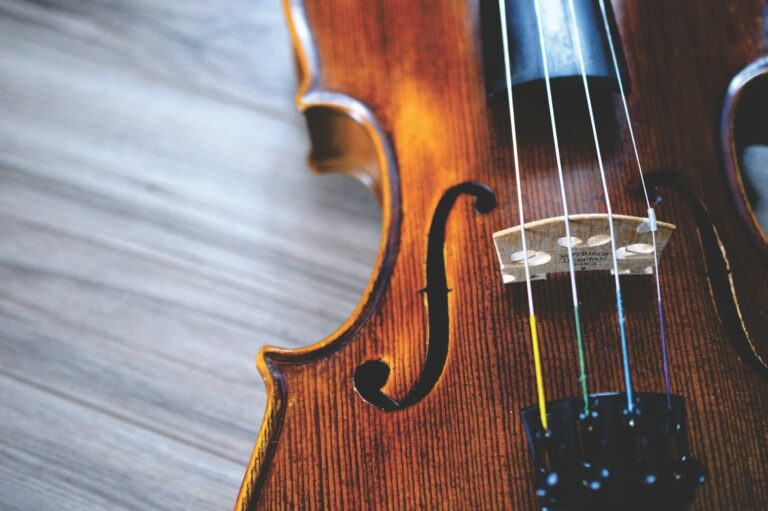

Fantastic article! I will be reading this multiple times. Thank you.
I derived a great sense of satisfaction from reading this blog post. It reminds me that even students of the violin who are much advanced than I share similar struggles, disappointments, and satisfaction.